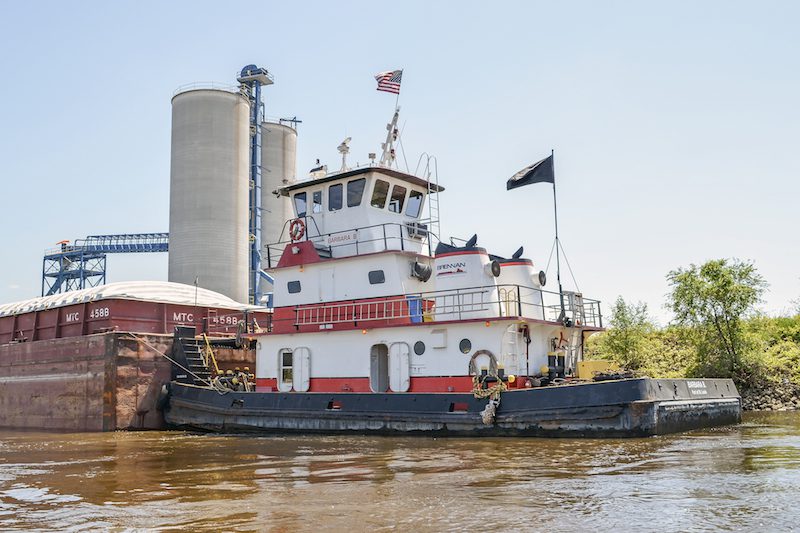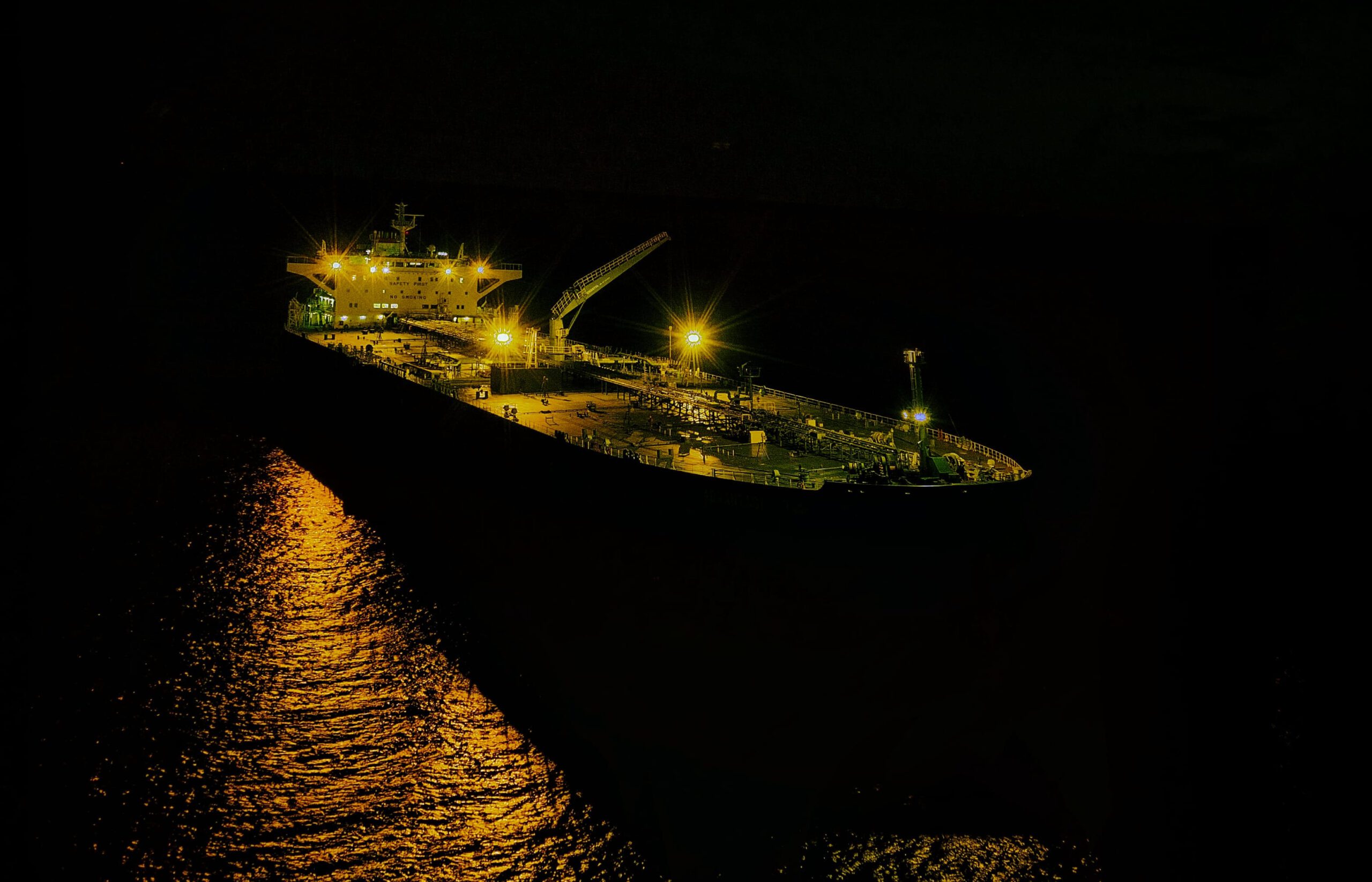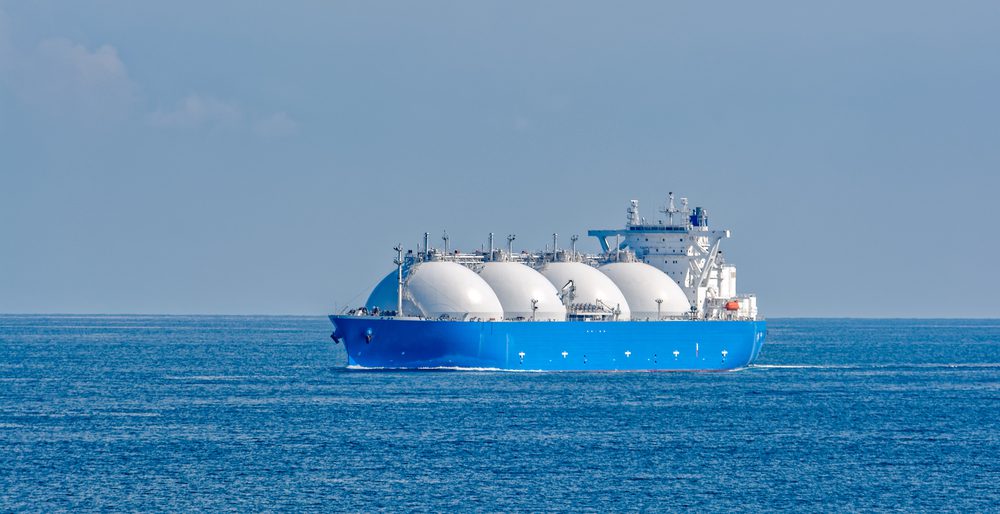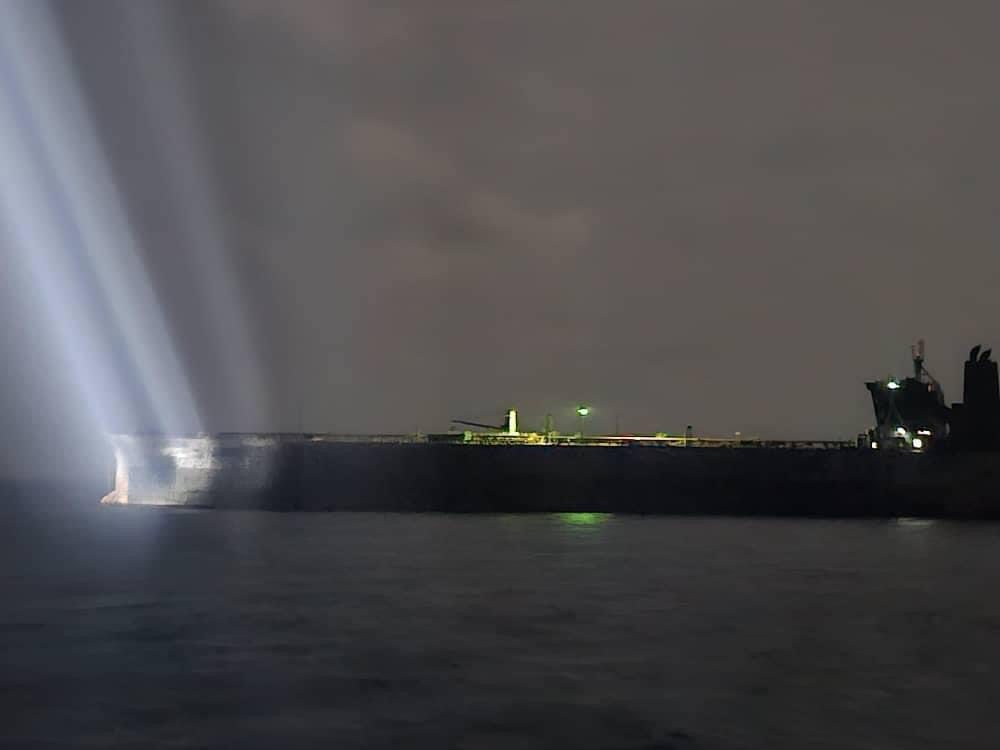The U.S. Coast Guard is marking the conclusion of the certificate of inspection phase-in period under Subchapter M towing vessel regulations.
The long-awaited Subchapter M regulation went into effect in July 2016 establishing new requirements for the design, construction, onboard equipment and operation of U.S.-flag towing vessels. Existing towing vessels were given two years to comply with the regulations, while a phased-in period gave owners and operators until July 19, 2022 to have 100% of their fleets with a valid Coast Guard Certificate of Inspection (COI) ensuring compliance.
The end of the COI phase-in period means more than 5,000 towing vessels have now received U.S. Domestic inspected status.
“This is a historic occasion for both the commercial towing industry and the Coast Guard as we have been working toward this moment since the 2004 Authorization Act which added towing vessels as an inspected class. Per 46 CFR 136.202, by July 19, 2022, 100% of towing vessels must have valid COIs on board in order to operate commercially,” writes RDML W. R. Arguin, U. S. Coast Guard Assistant Commandant for Prevention Policy, in a Coast Guard Maritime Commons blog post.
“Today marks the conclusion of almost two decades of work with our industry partners. It is also the first time the Coast Guard successfully implemented a dual inspection subchapter, which includes a new comprehensive safety management system for both company and vessel compliance,” the post adds.
Under the rule, vessel operators were given a choice of two inspection options: the traditional Coast Guard inspection option and a new Towing Safety Management System (TSMS) option. Under the TSMS option, routine audits and surveys of towing vessels can be performed by Coast Guard-approved third-party organizations, including certain classification societies, using an established framework for oversight and audits.
“These past four years have been challenging with devastating hurricanes, a global pandemic, and ever increasing pressure on our Marine Transportation System, but jointly with a goal to have a systemic approach for managing safety risks in operations, we have met these obstacles and persevered. While the four year phase-in time period has ended, it is the beginning of the new life cycle for the towing vessel fleet. The Coast Guard looks forward to working with you in the future and maximizing the potential of our waterways while maintaining safety and security,” Arguin said.
American Waterways Operators (AWO) President & CEO Jennifer Carpenter stated: “July 19 is a historic day for transportation safety in the largest segment of America’s domestic maritime industry. Our arrival at today’s certification milestone has been driven by our industry’s deep commitment to elevating safety as we transport our nation’s vital cargo as a critical part of the American supply chain. We commend the men and women of the tugboat, towboat and barge industry and the U.S. Coast Guard for the bold vision and hard work that have made this achievement possible. Maritime commerce is vital to America’s economy, security, environment, and quality of life, and we are proud of our industry’s role in keeping our nation moving safely.”

 Join The Club
Join The Club











